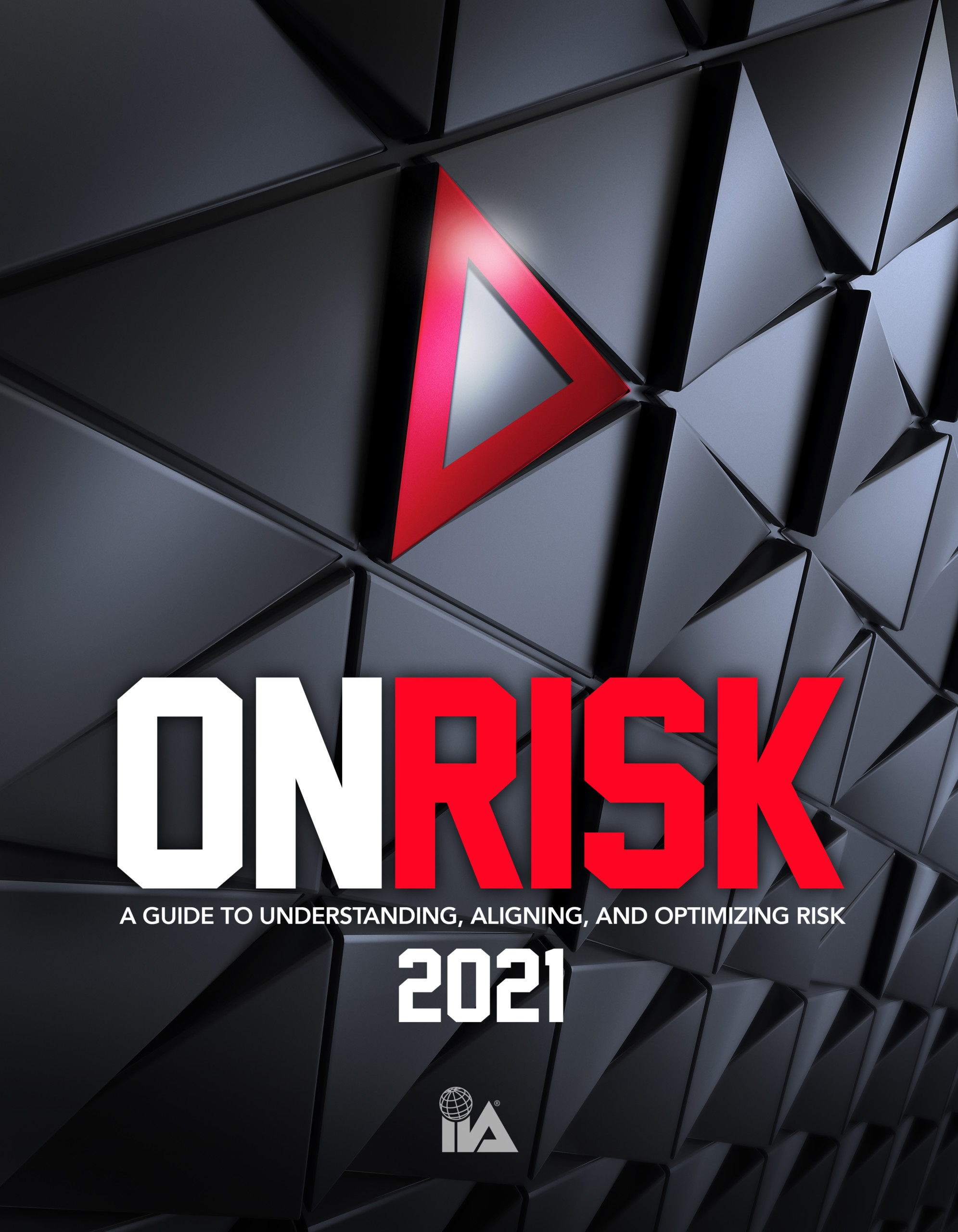
New IIA Report Yields Valuable Clues on Risks for 2021
November 1, 2020
Is GE’s Rotational Audit Announcement Good News or Bad?
November 15, 2020The desperation for normalcy grows daily after more than eight long months battling the insidious COVID-19 virus. This anxious desire for a return to a comfortable routine is reflected in growing public pressure for accelerated vaccine trials and resistance to calls for new lock downs, even as a new wave of the disease threatens many regions of the world.
I have seen this growing impatience, as well, in my recent interactions with internal audit leaders who are ready to refocus their energies on risks beyond crisis management. They are eager to apply lessons learned from the pandemic and move on from the initial response to it.
As we look to a future after COVID-19, there are facts that will help guide us through the transition. Data from four quick polls conducted by The IIA’s Audit Executive Center (AEC) suggest significant changes in how practitioners expect to operate post-COVID:
- 80% of survey respondents expect more work-from-home options.
- 71% of chief audit executives expect less time spent auditing on site.
- 73% expect more flexible audit plans.
There is growing evidence that organizations are pushing forward digital transformation efforts as historic resistance is washed away in the pandemic’s wake. This will create new challenges and opportunities for practitioners. For example, 49% of the AEC survey respondents expect to increase their use of data analytics and 39% expect to increase their use of Agile auditing techniques.
We must also consider how the pandemic has altered — typically for the better — risk management alignment among the board, senior management, and internal audit. The AEC surveys find that 53% of the respondents expect to increase the frequency of risk assessments and 68% expect to increase the frequency of audit plan updates.
In the meantime, the pandemic’s long-term effect on business strategy, talent management, productivity and efficiency, and organizational culture are beginning to crystallize.
For example, McKinsey & Co. is doing remarkable work to add perspective to how the pandemic is accelerating digital transformation, how that is changing consumer behavior, and how that, in turn, will impact overall business strategy. A new McKinsey Global Survey of executives finds that, “companies have accelerated the digitization of their customer and supply-chain interactions and of their internal operations by three to four years. And the share of digital or digitally enabled products in their portfolios has accelerated by a shocking seven years.”
Data from McKinsey’s provocatively titled article, “How COVID-19 Has Pushed Companies Over the Technology Tipping Point — and Transformed Business Forever,” shows the pandemic’s dramatic and measurable impacts. For example, based on the rate of customer interactions over the past three years, McKinsey calculates that digital interactions today are at levels that hadn’t been expected until 2023. Meanwhile, the share of customer services or products that are digital has accelerated by seven years.
The same dramatic impacts are becoming clear in the employer-employee relationship. According to a Harvard Business Review article, “The Post-Pandemic Rules of Talent Management,” published in October:
“. . . Humanyze, a technology firm that specializes in social sensing (led by MIT’s Ben Waber, who coined the now widely-used term people analytics), mined anonymous company email, chat, and calendar data to find that working without an office has actually extended people’s working time by an average 10–20%, while also reducing work-related stress and negative emotions, increasing confidence and well-being, and increasing communication with close collaborators by a staggering 40%.”
The article cites data from a ManpowerGroup study on the changing dynamics of talent management that raises fundamental questions:
- Should employees return to the workplace at all?
- What remote-learning options are available for a workforce that will likely need some level of retraining after COVID-19?
- What worker safety options/precautions should be taken for work that requires on-site employees?
A global study by employee management consultant Quartz and Qualtrics found more than twice as many people believe workplace culture has improved since the start of the pandemic than those who believe it has worsened (37% to 15%), while 48% report little change. However, there are significant demographic variations. For example, men are 40% more likely than women to say things are better, and millennials are twice as likely as Baby Boomers to say their company’s culture has improved.
All of these data points provide intriguing glimpses into the profound and potentially long-term effects of the pandemic, and there are likely to be many more as we approach the longed-for return to normalcy. However, the “normal” we return to will be decidedly different than the one we left, and internal auditors must be ready to adjust their planning, processes, and mindsets as they do the important work of assurance and advisory services on governance, risk, and control.
The desire for a return to normalcy is natural and anticipated, but it shouldn’t be rushed. What’s more, when we are ready to move ahead, we must do so with the clear understanding that COVID-19 has fundamentally changed how the world operates economically, politically, and socially.
As always, I look forward to your comments.




I welcome your comments via LinkedIn or Twitter (@rfchambers).